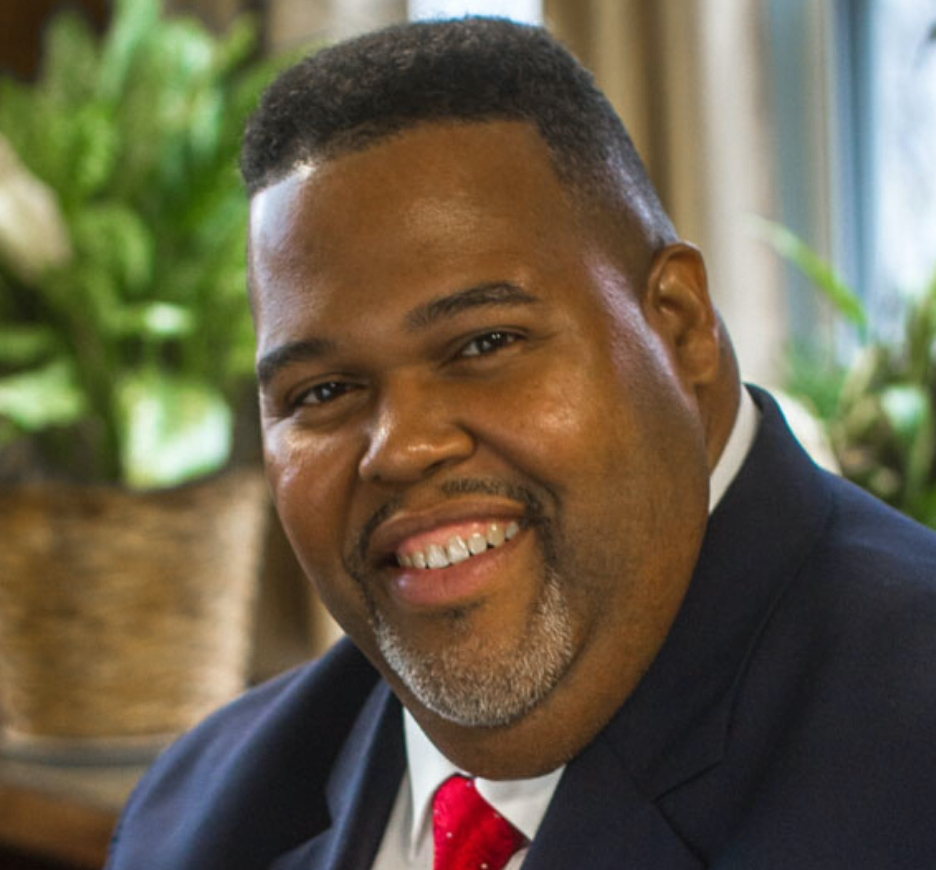When Elisabeth KÁ¼bler-Ross, in her 1969 book, On Death and Dying, proposed the five stages of grief and loss, she could not have foreseen the myriad of challenges 2020 would present our region, our nation and our world. Although those who are grieving do not necessarily go through the stages in the same order or experience all of them, in many ways, and for a multitude of reasons, we all have been impacted by the confluence of COVID-19, its resultant economic upheaval, and structural racial issues which have created a “perfect storm.” Some are in the stages of denial and isolation or anger. Others are in the bargaining or depression stages. I would argue, however, that we must move to the acceptance stage.

We must accept the death of outdated thinking that has, for far too long, hindered the limitless growth potential of all people, particularly given the historical realities of bigotry, prejudice, discrimination, and inequity in all forms, both institutional and individual. We must accept the death of the misconception that college should be limited to the privileged few or that the community college is in some way “inferior.” We must accept the death of the notion that colleges should sanction directionless wandering instead of placing greater emphasis on career development and exploration, values formation, citizenship, and a respect for the dignity of work—foci that have been considered by some in academia of lesser value than allowing students to use college to “find themselves.” A commitment to inclusive excellence, educational access, and programmatic diversity, and the alignment of work and learning is required.
Commitment #1 – Inclusive excellence
Hard realities exist. Structural racism, based on historical policies and practices and its subsequent inequitable outcomes in economic wealth, health, education and life expectancy, has not yet been fully dismantled. Implicit bias—the unchallenged narratives and assumptions about historically marginalized people—is insidious and is still today often unrecognized by well-meaning people.
We do not, however, have to accept that these realities cannot be addressed. We must reassert our commitment toward eradicating racism and supporting social justice and, more importantly, set forth a strategy to effect reform and achieve inclusive excellence so that the workforce of tomorrow is stronger. Our workforce needs not only to have the knowledge and skills necessary to move forward but the equal footing that will allow everyone’s talents to rise to the top so they can become their best version of themselves.
We began developing an actionable plan at RCC last June. We established The Steps Beyond Statements Working Group to review the legacy of diversity efforts led by the College’s former Diversity Committee to build on their outcomes to reflect current realities. The group has been charged with developing a new college-wide plan with specific outcomes that are measurable using key performance indicators to be reported in an equity scorecard, including:
- Conducting an institutional self-assessment on equity practices
- Developing equity practice expectations in the nonacademic spaces of the college.
- Identifying campus-based and external experts with experience in helping faculty and staff better understand diversity, equity, and inclusion space issues.
- Creating a comprehensive process for monitoring, reviewing and updating the equity scorecards and related activities.
Commitment #2 –Educational access and programmatic diversity
Another hard reality is that community colleges have gotten a bad rap, mostly from those who have never been to one. Community Colleges are not “safety school” options. Rather, community colleges are a strategic choice for families, particularly given COVID-19 and the nation’s current economic uncertainty.
Our campus is open to everyone. Many RCC grads have gone on to graduate from Yale, Brown, and other prestigious institutions. Indeed, nearly half of all bachelor’s degree earners in the United States have attended community colleges at one time or another, and the pandemic is proving just how valuable our institutions are to the entire educational ecosystem. Community colleges not only provide a quality, affordable education close to home, but we also play an essential role for individuals looking to retool and retrain for new careers as the workforce landscape changes in this time of uncertainty and as we navigate a culture change as a nation. Our programmatic diversity, given our cost, is unparalleled.
Commitment #3 –Work and learning alignment
A final hard reality, we can no longer allow a disconnect between education and career trajectory to exist if the nation is to retain its competitiveness globally. The future of work and learning are intertwined, and we remain steadfast in our goal of building bridges to mobility, opportunity and success. Career pathways matter, particularly now as critical industries like advanced manufacturing, have emerging opportunities that will require an educated and skilled workforce.
Concluding thoughts
As we navigate this perfect storm and move through today’s choppy waters with its hard realities, we must have high hopes. For our part, RCC moves forward with the steadfast goal of supporting students today to make a better life for themselves and their families tomorrow. We do so with the knowledge that we can set the standard for providing quality career options for learners of all levels and all ages. We do so with pride, knowing we are shattering the misperceptions about community colleges. We move forward into the dawning of a new era, one that can and will offer inclusive and equitable options for all.
Michael A. Baston, president of Rockland Community College in New York, is a national leader who helps develop comprehensive supports that foster college completion. He is a contributing author to Race, Education, and Reintegrating Formerly Incarcerated Citizens and The Handbook for Student Affairs in Community Colleges. As a national Guided Pathways coach for American Association of Community Colleges, he is noted for his work with college leadership teams around the nation, helping them integrate student success initiatives to advance college completion. Baston began his career as a public interest lawyer representing various educational institutions and social justice organizations.





